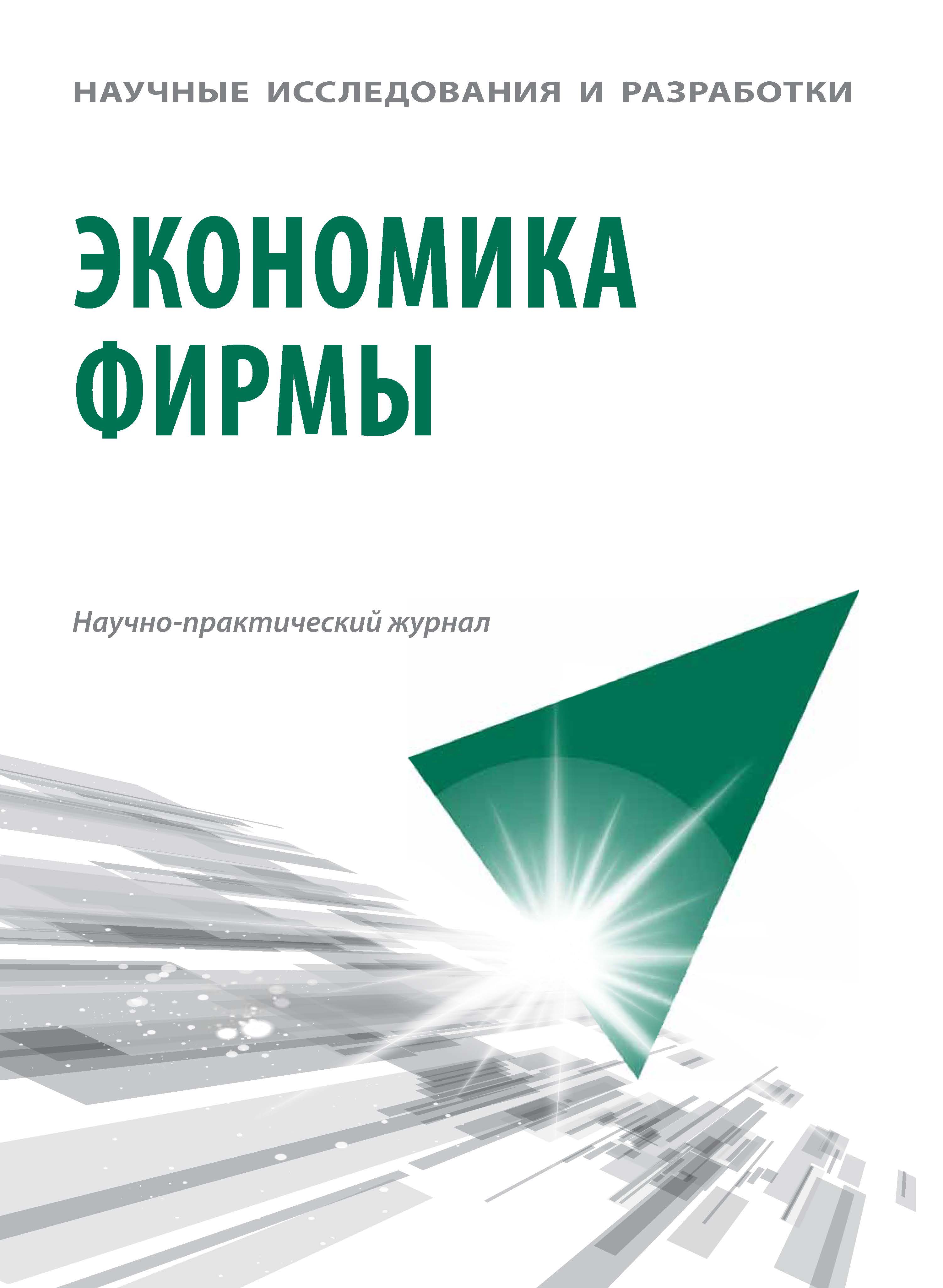The article identifies priority areas and trends of the government to accelerate economic growth by attracting investment in the industrial sector. The article discusses different approaches and scholarly positions of a number of domestic and foreign economists regarding the desirability of one or another of industrial policy and its effectiveness. The author, drawing on the results of functioning of free economic zones in the Russian Federation, justifies the strategic importance of formation and implementation mechanism of the territories of priority development for the successful modernization of the industrial sector in Russia. The article presents the institutional matrix of formation of the territories of priority development, described in detail its elements, strict interconnection which allows the mechanism to work effectively. The author evaluates and analyzes the strengths and weaknesses of this matrix to determine which of them worked out in the Federal law of the Russian Federation and which require immediate action from the state for successful implementation in practice of the mechanism of the territories of priority development. The author introduced the priority point of intersection of interests of state and business is the need of the formation of the working mechanism of return of private capital and modernization of current technologies. In Russia, this problem can be solved in the framework of implementation of the territories of priority development.
business, government, independence of import, institutional matrix, institutions, information, infrastructure, entrepreneur, trade, industrial policy, strategy, territory of priority development, private sector, economic growth.
Если проанализировать текущую ситуацию с точки зрения технологий, которые представлены на рынке, то до сих пор в России летают на самолетах, на 80% сделанные из импортных деталей и двигателей, ездят на импортных автомобилях, используются станки зарубежного производства, не говоря уже о большинстве информационных технологий, чипов и т.д. Да, есть и отечественные производители среди названных категорий товаров, но это скорее отголоски разработок 1980-х гг. Главное, новых и модернизированных технологий нет. Сегодня правительством поставлена задача решить проблему импортозамещения или скорее импортонезависимости от стран Запада. Но по факту появляются две проблемы: кто будет ее реализовывать, либо кто будет финансировать. Чтобы избежать несогласованности в решении, задачу должен ставить рынок, а государство должно выступать как координатор и искать пути решения, а точнее финансирования: прямое финансирование, ГЧП, трастовые фонды и т.д.
1. North D. Institutions, Institutional Change and Economic Performance, Cambridge: Cambridge University Press. 1990.
2. Marsh P. The New Industrial Revolution. Consumers, Globalization and the End of Mass Production. New Haven: Yale University Press. 2012
3. Myrdal G. Asian Drama: An Inquiry Into the Poverty of Nations. KalyaniPublishers. 2008
4. Peter A. Victor. «Managing without Growth. Slower by Design, not Disaster». Edward Elgar Publishing, 2008.
5. Skryl´ T.V. Institutsional´nye problemy formirovaniya chastno- gosudarstvennogo partnerstva v sovremennykh rossiyskikh usloviyakh [Institutional problems of the formation of public-private partnership in modern Russian conditions]. Vestnik Mezhdunarodnogo instituta ekonomiki i prava [The Bulletin of the International Institute of Economics and Law]. 2013, I. 2 (11), pp. 64-67. EDN: https://elibrary.ru/UBNVWH
6. Skryl’ T.V. Strategiya gosudarstvennogo regulirovaniya transformiruyushcheysya ekonomiki [State regulation strategy transformed economy]. TsITISE Publ. 2016, I. 1(5), p. 2. EDN: https://elibrary.ru/VUDPSR
7. Osipov V.S. Bazovye predposylki pritoka chastnykh investitsiy [The basic premise of private investment inflows]. Vestnik Instituta ekonomiki RAN [Bulletin of the Institute of Economics]. 2014, I. 3, pp. 118-126. EDN: https://elibrary.ru/SGEVVT
8. Osipov V.S. Model’ sistemy upravleniya klasterom [Model Cluster Management System]. Ekonomika i predprinimatel’stvo [Economy and Entrepreneurship]. 2014, I. 1-2 (42-2), pp. 71-73. EDN: https://elibrary.ru/RVDGEX
9. Skryl’ T.V. Mekhanizm territoriy operezhayushchego razvitiya kak element ustoychivogo ekonomicheskogo razvitiya [Mechanism territories priority development as an element of sustainable economic growth]. Ekonomika obrazovaniya [Economics of Education]. 2016, I. 2 (93), pp. 135-147.






